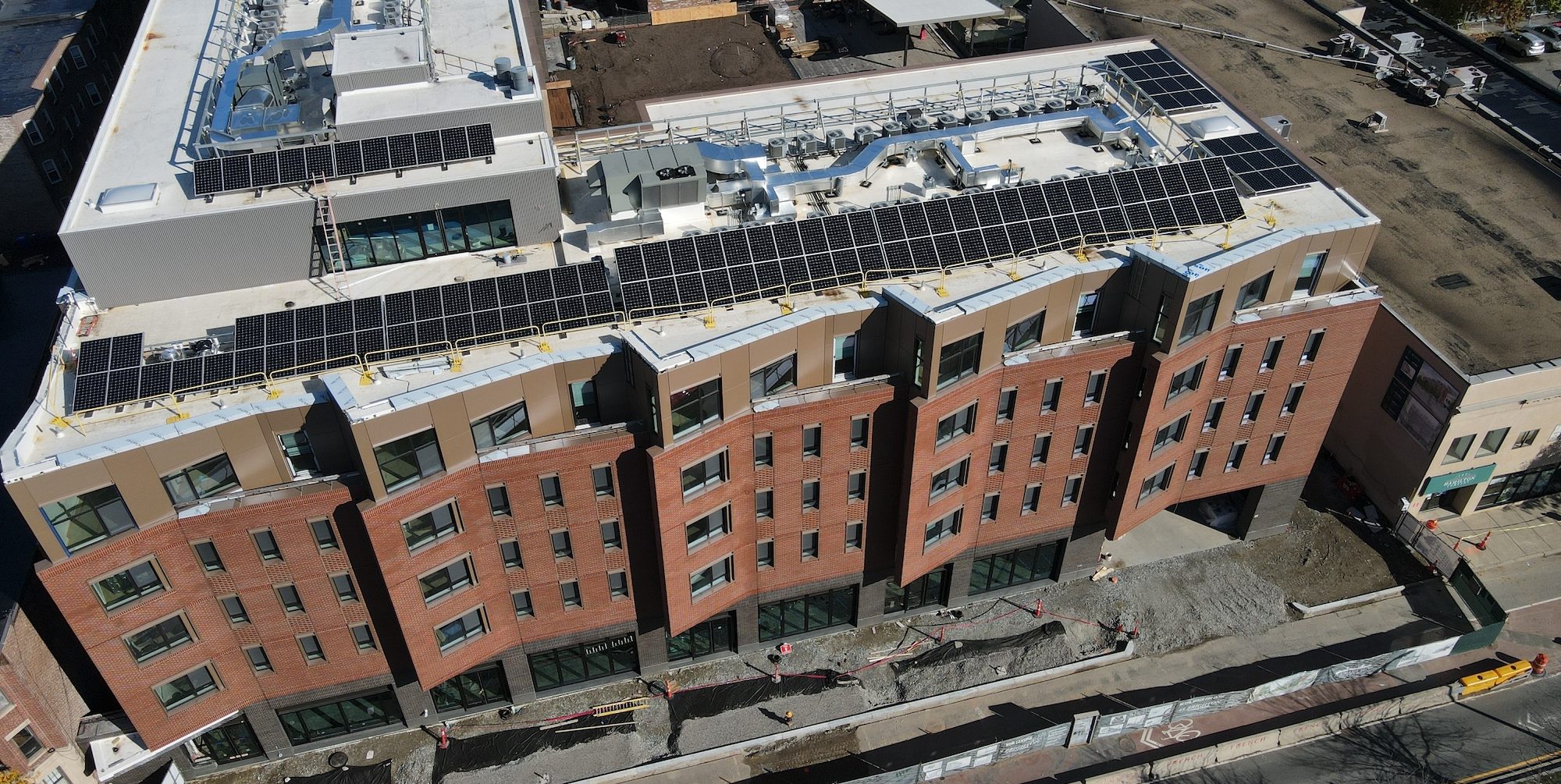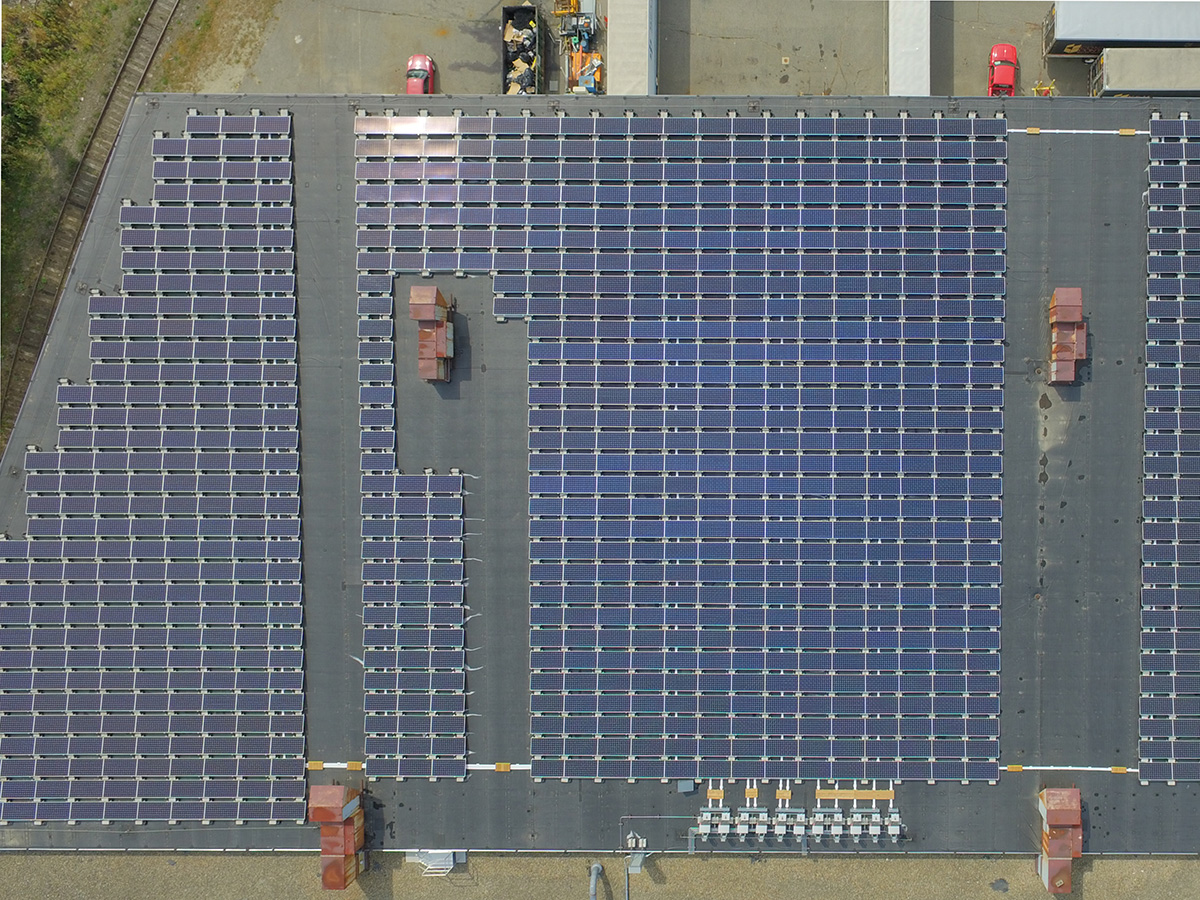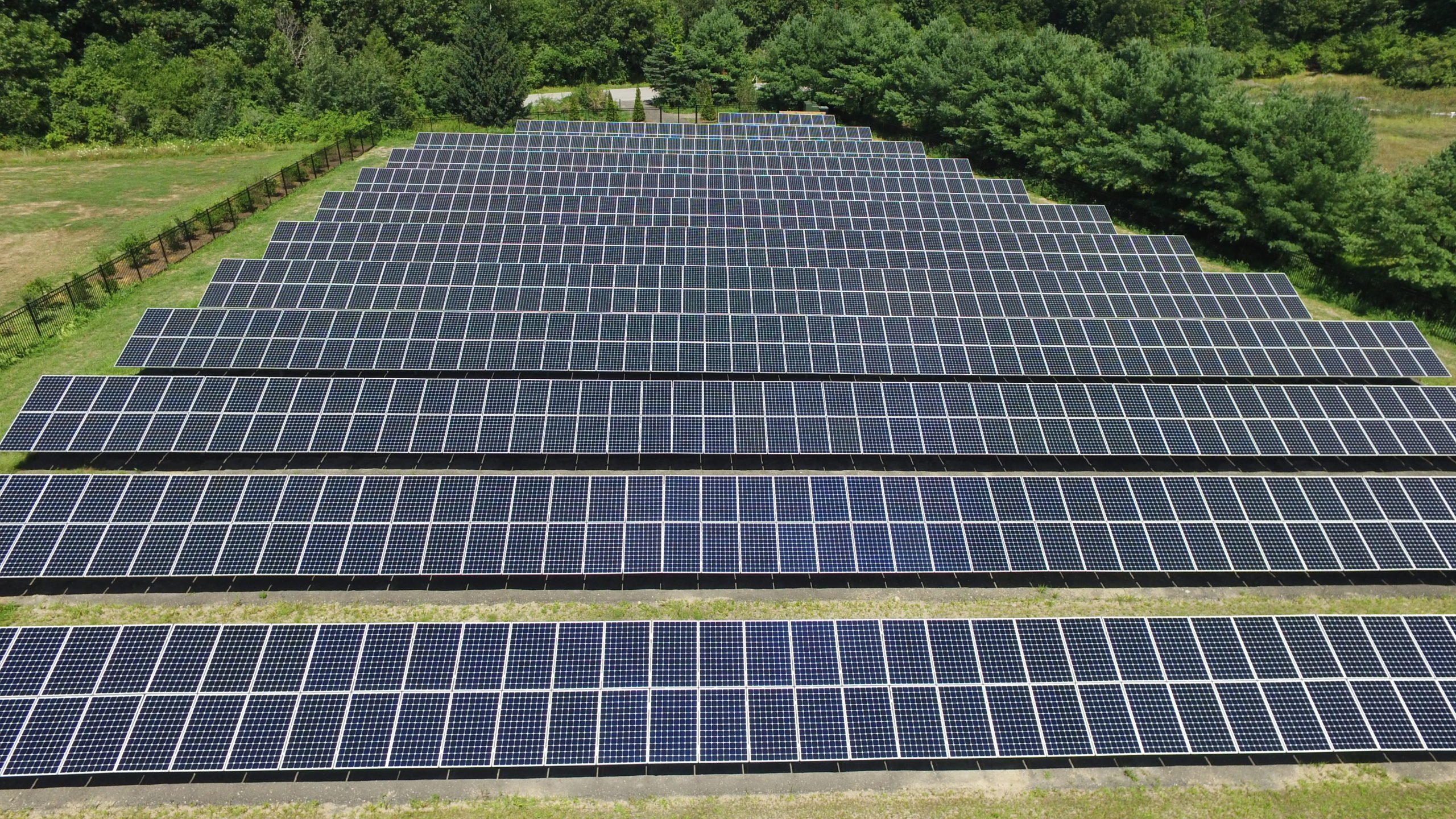The direct purchase model
We encourage our customers to own their solar system whenever possible—because simply put, direct ownership offers your organization the best return on investment. And with federal incentives, it’s more cost effective than ever.
From the federal Investment Tax Credit (ITC) (which covers between 30-60% of system costs) to accelerated depreciation deduction (which can cover an additional 25%), strong federal tax benefits make it possible to purchase a solar system for just a fraction of the original cost. And when you purchase your system from Sunbug, you can rest assured that we’ll do all the work required to identify and secure any incentives your organization qualifies for.







